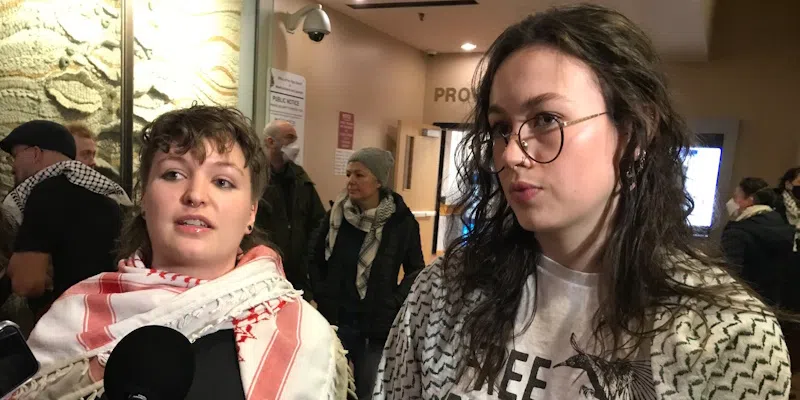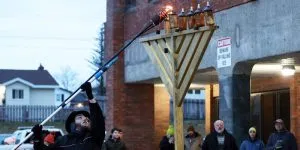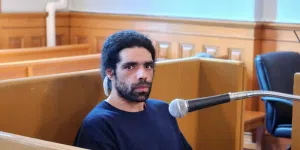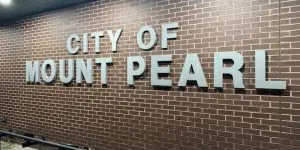Charges laid against three MUN students following pro-Palestinian protests on their St. John’s campus have been dropped.
But they’re not content to leave it there.
The three women were arrested following demonstrations that began outside and later moved inside the Arts and Administration Building last spring and summer.
It was in response to what they deemed as the continuing genocide in Gaza following the Hamas attack on Israel the previous October, and a demand that MUN reveal and divest itself of any interest in the manufacture of Israeli weapons.
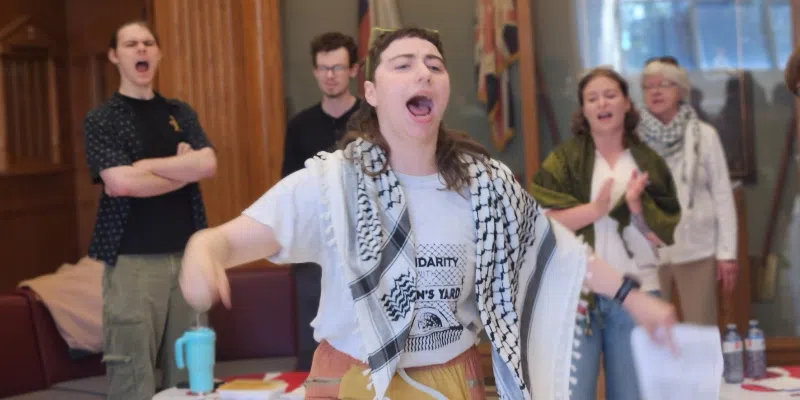
Protesters inside the Arts and Administration Building last July. (VOCM News)
During the protest, students thought they had an OK to stay on campus overnight, but later got legal word that they had to vacate the premises, leading to confusion and ultimately the arrests.
But in provincial court this morning, Crown prosecutor Richard Deveau said while he believed he had a case and convictions were possible, “it was not in the public interest to proceed,” and the charges were dropped.
And while that clears the students criminally, they say it doesn’t change MUN’s continued investment in the war.
As well, their lawyer Kyle Rees noted there’s still the larger unsettled issue of their right to protest on campus again.
That question might’ve been settled last year had MUN sought an injunction instead of charges and arrests.
But it will be dealt with now, after the students filed an application with the Supreme Court to review MUN’s decision to evict and arrest the students in the first place, and decide whether that was a breach of their Charter rights.
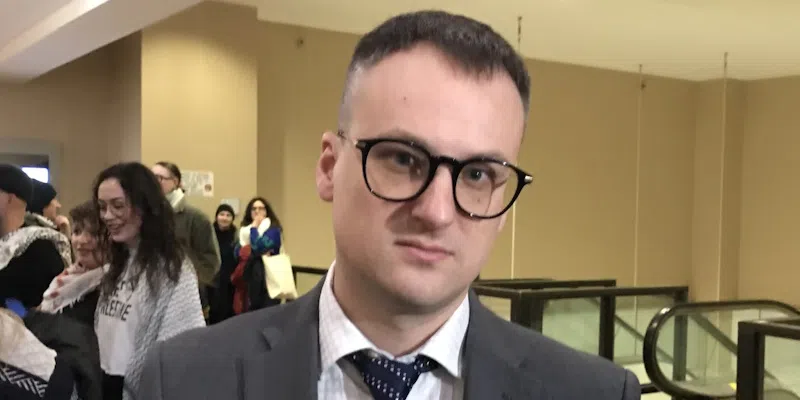
Defence lawyer Kyle Rees. (VOCM News)
Meanwhile, Memorial University says it has no problem with students protesting on campus – but it does not allow such activity when it results in ’round-the-clock occupation of a building.
MUN says it called police when three students refused to leave the Arts and Admin Building after closing hours. That was when RNC laid the charge of trespassing. The institution adds that the lawyer for their students was informed that they could not continue living in a building or camping on grounds meant meant for work and study.
MUN adds that it fully supports the rights of students to protest on campus, and that they did so from May 21st and through the summer.
But it draws the line during the after-hours for reasons of health, safety and security, and the privacy of materials in labs, offices and classrooms.





